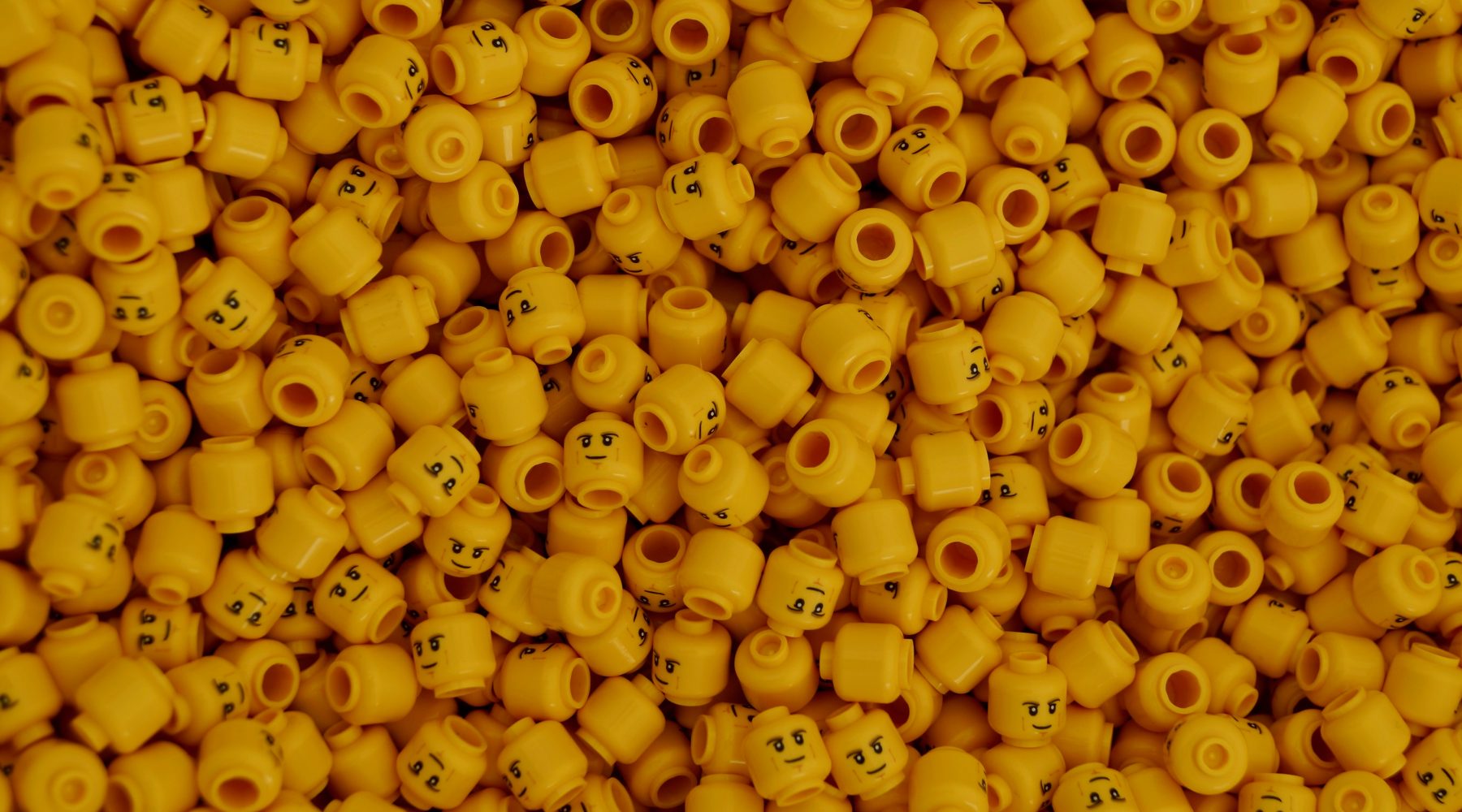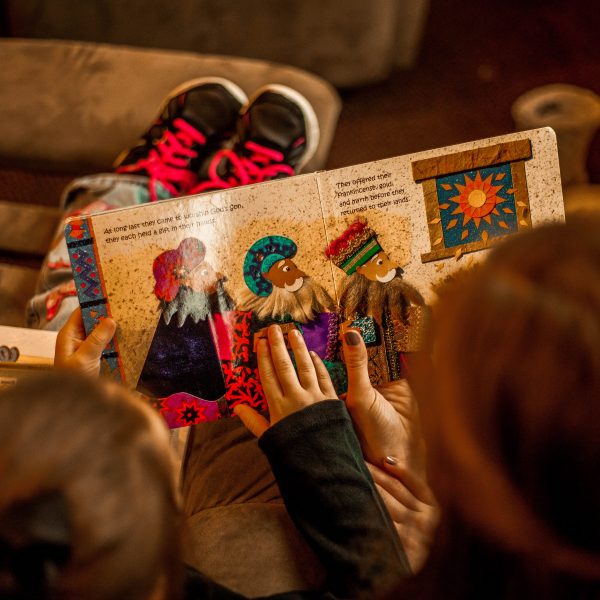Thinking about different roles boosts children’s brains

Reminding children of the fact that they can be many different things to many different people can lead to better problem solving skills, and more flexible thinking, research from Duke University has revealed.
Lead researcher, Associate Professor Sarah Gaither, said “This is some of the first research on reminding kids about their multi-faceted selves. Such reminders boost their problem-solving skills and how flexibly they see their social worlds – all from a simple mindset switch.”
Better problem solving was just one positive finding from the study, she said. After considering their own various identities, children also showed more flexible thinking about race and other social groupings – a behaviour that could be valuable in an increasingly diverse society.
The findings were published yesterday in the journal Developmental Science.
In a series of experiments, researchers looked at 196 children, aged six and seven years of age, all of whom had English as their first language.
In one experiment, the first group of children was reminded they have various identities, such as son, daughter, reader or helper. A second group of children was reminded of their multiple physical attributes (such as a mouth, arms and legs).
In another experiment, one group of children was again reminded they have various identities. A second set of children received similar prompts – but about other children’s many roles, not their own.
All the children then tackled a series of tasks. Children who were reminded of their various identities demonstrated stronger problem-solving and creative thinking skills.
For instance, when shown pictures of a bear gazing at a honey-filled beehive high up in a tree, these children had more creative ideas for how the bear might get the honey, such as flipping over a bowl so that it becomes a stool.
Children who were reminded of their multiple roles also showed more flexible thinking about social groupings.
When asked to categorise different photos of faces, they suggested many ways to do so. For instance, they identified smiling faces versus unsmiling ones, and old versus young faces. The other children, meanwhile, primarily grouped people’s faces by race and gender.
Because the results suggest simple ways to promote flexible, inclusive thinking for the young, they could be especially valuable for educators, Associate Professor Gaither said.
“We have this tendency in our society to only think about ourselves in connection with one important group at a time,” she noted.
“When we remind children that they have various identities, they think beyond our society’s default categories, and remember that there are many other groups in addition to race and gender – it opens their horizons and encourages them to be a little more inclusive.”
The research, Thinking About Multiple Identities Boosts Children’s Flexible Thinking, is available here.
Popular

Quality
Practice
Provider
Research
ECEC in focus - Una Springwood’s intergenerational initiative brings young and old together through connection and care
2025-06-30 10:00:45
by Contributed Content

Provider
Practice
Quality
Research
Aboriginal Education Strategy drives early learning and school success in South Australia
2025-07-01 09:55:12
by Fiona Alston

Workforce
Policy
Quality
Research
Inclusive Practice Framework set to strengthen inclusion in early childhood settings
2025-06-24 11:37:00
by Isabella Southwell











